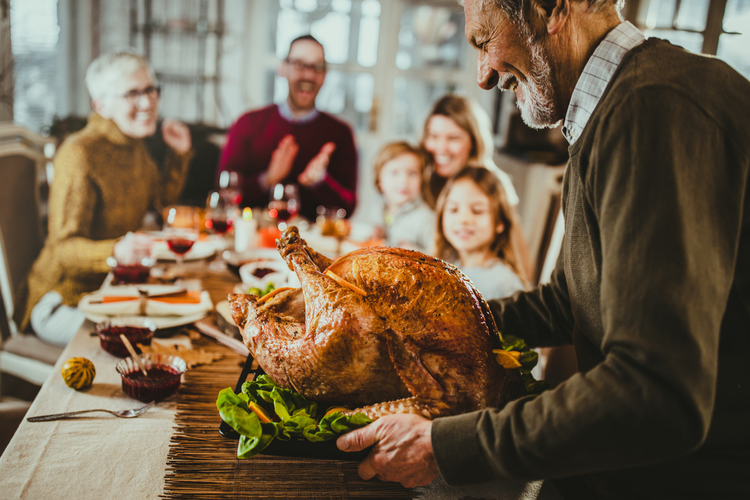- November 23, 2024
Global Tradition of Thanksgiving

The Pilgrims’ 1621 harvest feast near Plymouth, Massachusetts, often referred to as “The First Thanksgiving,” was a singular event, not the beginning of an annual tradition. It marked a celebration of the Pilgrims’ first successful harvest in the New World. Over three days, they feasted with 90 Native Americans, including Chief Massasoit, on venison, wild fowl such as turkey, duck, and geese, and dishes made from the harvest.
Despite its significance, the Pilgrims did not see this feast as a Thanksgiving observance in the religious sense, which for them involved prayer and fasting. However, this event has become symbolic of the Thanksgiving holiday as it is celebrated today.
Thanksgiving-like traditions exist across cultures and centuries, highlighting humanity’s universal gratitude for life’s abundance:
- Asia: Countries like Japan, India, and Thailand celebrate rice harvest festivals, thanking deities for the year’s bounty.
- Africa: Tribal prayers and rituals give thanks for the land’s blessings, often accompanied by traditional ceremonies.
- South America: Indigenous cultures celebrate the earth’s gifts, with Brazil establishing an official Thanksgiving Day in 1949, held annually on the fourth Thursday of November.
- Europe: Harvest thanksgiving services in Protestant and Catholic churches emphasize community, gratitude, and the cycle of nature.
Even in recent history, places like Northern Ireland have embraced the Thanksgiving spirit. Inspired by a Thanksgiving World Assembly, Belfast created Thanksgiving Square in 2006 as a symbol of hope and healing after decades of conflict.
Thanksgiving transcends cultures and borders, embodying the shared values of gratitude, abundance, and unity. From the Pilgrims’ harvest celebration to modern global traditions, it serves as a reminder to appreciate life’s blessings and the connections that sustain us all.

